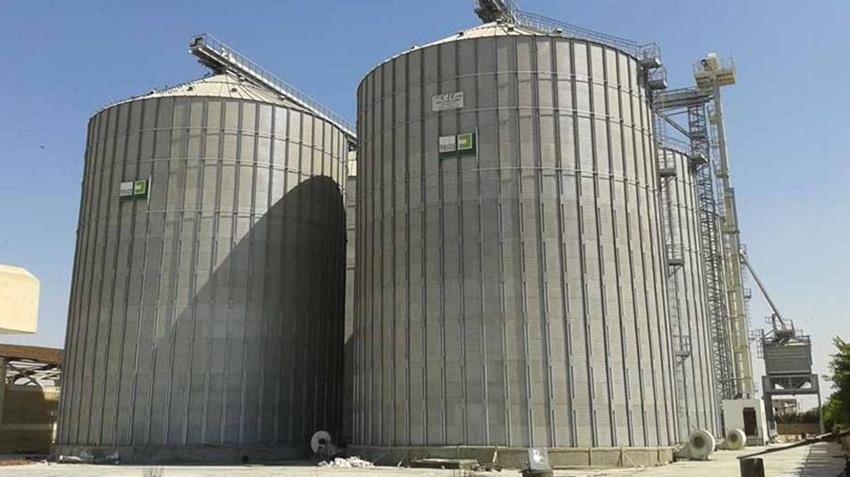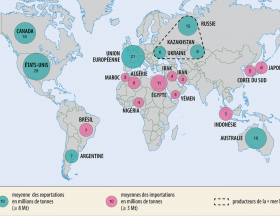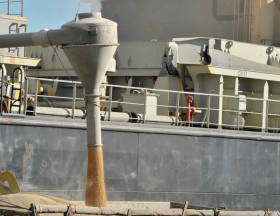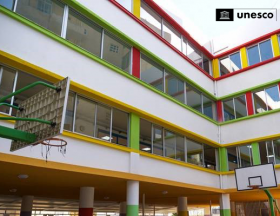With the conflict between Russia and Ukraine, wheat prices have reached unprecedented levels. Faced with this situation, many countries dependent on the two countries for their supplies are looking for a solution.
In Egypt, the government will send a delegation to India in the first week of April to study the possibilities of importing wheat from the Asian country. This approach is part of the authorities’ various efforts to diversify sources of cereal purchases at a time when the war between Russia and Ukraine, its main suppliers (77% of total purchases in 2021), disrupt the supply.
According to several sources familiar with the matter, the committee should discuss with the main Indian exporters various aspects such as logistical issues, quality and grades of the cereal. For the country of the pharaohs, India could represent a choice alternative insofar as it represents the second largest producer of wheat behind China.
And if it is currently only the 9th largest exporter of grass, its substantial stocks accumulated during the 2020/2021 campaign (28 million tonnes) and the weakness of the local currency (rupee) have enabled it to place for a few months , a large volume in the global market.
In such a context, Egypt could have access to wheat in the desired quantity to meet its consumption and also at a reduced cost in the face of the global increase in the price of the cereal which is expected to add between 12 and 13 billion pounds. to the total envelope dedicated to food subsidies in 2021/2022.
In the meantime, observers indicate that Indian players must already obtain accreditation from the General Supply Authority (GASC) to be among the sources that can participate in international wheat tenders.
This list currently includes 17 countries, including the USA, Canada, France, Argentina, Russia, Romania, Ukraine, Serbia, Paraguay, Latvia, Hungary, Kazakhstan and the United Kingdom. .
According to the USDA, Egypt should import 11 million tonnes of wheat in 2022/2023, the lowest level for 9 seasons with the surge in international prices which is pushing the authorities to increase the use of domestic production.











Réagissez à cet article